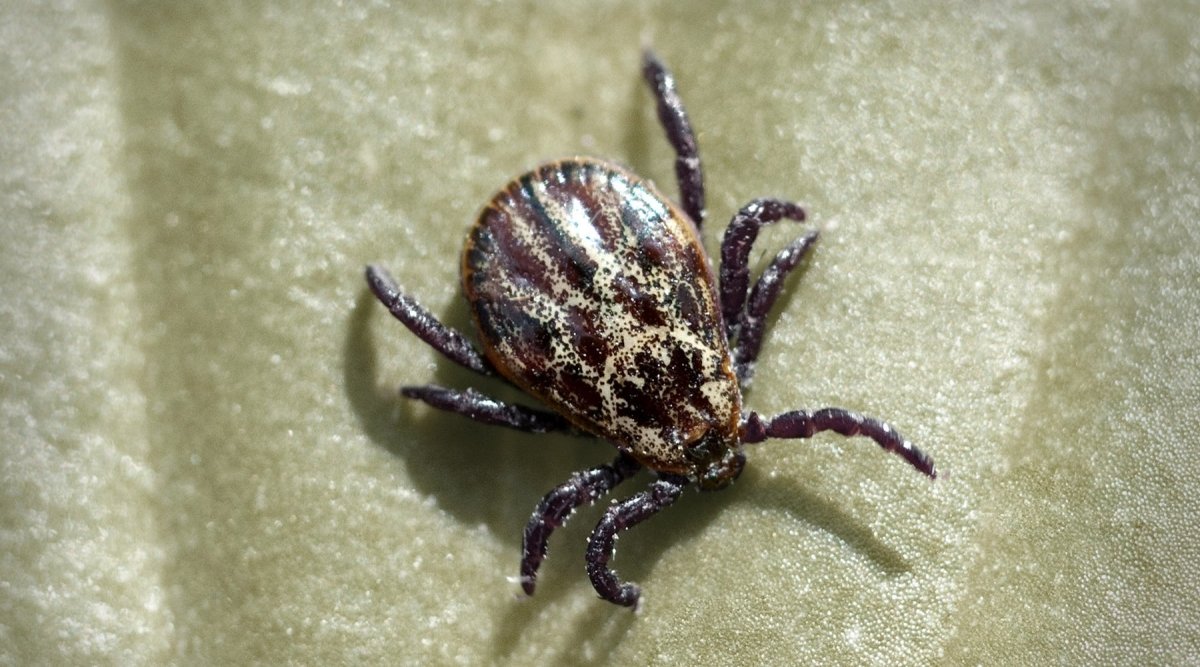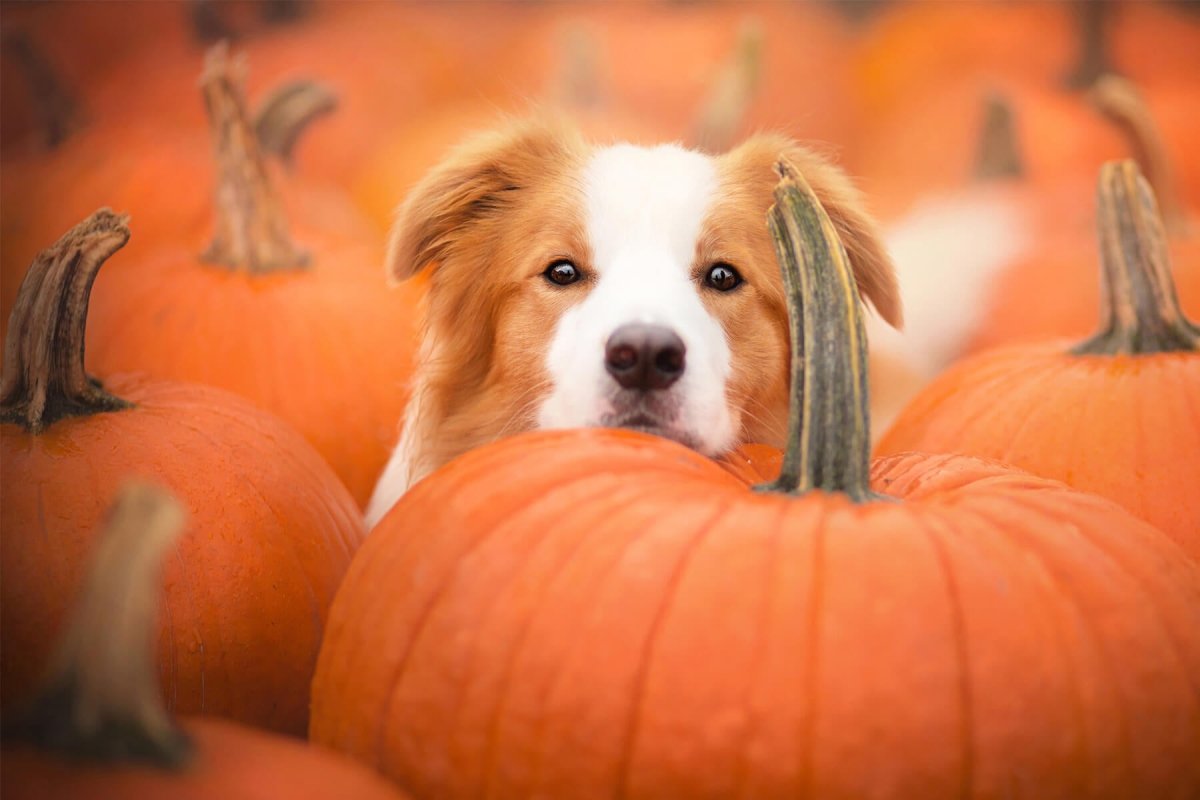One of the most important decisions for the health of our animals is choosing the right vet. Not only external factors such as proximity to the vet or the equipment of the practice play a role, but the chemistry and trust must also be right. After all, you are leaving the health and, in an emergency, even the life of your dog to other people. In this article, we summarize how you can recognize a good vet.
Table of contents:
- Procedure for finding a vet
- Finding a good vet
- Basic examination at the vet - feeling in good hands
- Veterinary costs - What is normal and what is overpriced?
- Specialties of veterinarians
1. procedure for finding a vet
Did you know that pet owners are legally obliged to look after their animals' health? If you fail to do so, the animal can even be taken away from you. But most pet owners don't need a law to look after their pet's well-being.
Choosing the right vet is part of your pet's health care and can even be a life-changing decision for your pet . However, in the jungle of veterinary practices, it is not always easy to find the right vet for your four-legged friend. What factors should you look for? Competence, proximity to the vet, which can be decisive in emergency situations, or should you let the chemistry decide? Below we have compiled a list of how you can proceed in your search for a vet for dogs, cats or other animals.

This is how to proceed when looking for a vet for a dog, cat or other animal:
- Start thinking about veterinary care before you get your pet . This is especially important in an emergency!
- Make a note of important criteria that are important to you in a vet (e.g. proximity to your place of residence, a certain specialization, experience with your animal species, etc.).
- Ask friends and acquaintances who also have an animal. Preferably, of course, the type of animal that will soon find a home with you.
- Look on the Internet to see which vets can be found in your area. On some review sites, you can already find reviews of different vets and veterinary practitioners. They may provide some testimonials, but bear in mind that they do not give a complete picture of the veterinary practice.
- Arrange a non-binding consultation to get a personal impression of the premises, the medical equipment and, of course, the vet and his staff.
- Before the appointment, prepare a questionnaire with the most important questions that are relevant to your choice of vet.
2 Finding a good vet
How can I recognize a good vet? Many prospective pet owners ask themselves this question, as do owners who already have animals in their household. Especially in larger urban areas, the choice of practicing vets and veterinary practitioners is very large. Finding the right one is not always easy. The following criteria can help you choose a vet. However, experience has shown that chemistry and trust are the most decisive factors for many pet owners. We recommend finding a good vet BEFORE you get a pet, so that you can react quickly in an emergency and find someone you trust.
Practice rooms - the first impression counts
- Bright, light-flooded rooms create a pleasant and friendly atmosphere.
- The practice rooms must always be clean and hygienic.
- Practice rooms can also convey competence, seriousness and security, but are of course only a subjective perception and say nothing about the abilities of the vet and his team.
- A large waiting room to avoid other animals is particularly important for cat and dog owners. Some practices even have a separate waiting room for cats and dogs.
- Modern, state-of-the-art technical equipment.
- To avoid long and nerve-wracking waits for the results, it is an advantage to have your own laboratory.
Behavior of the vet - the chemistry must be right

First and foremost, the vet must take enough time for the animal and owner: Listening patiently to the four-legged friend's complaints and asking questions are just as much a part of a quality consultation as a thorough examination of the animal. Also make sure that the individual examination steps are explained to you. If you don't understand something, ask directly. You will be able to tell from the vet's answers and reactions whether you made the right choice.
It is important that the vet or veterinary practitioner can explain clinical pictures, treatments and procedures clearly. A sympathetic approach to the pet owner and careful attention to the patient give both humans and animals much more peace of mind.
A good way to find out more about the veterinarian's expertise is to ask if they are familiar with treating your species. If your four-legged friend is suffering from an illness, you can find out in advance whether the vet has any previous experience with this condition. The veterinary practice should also always be available in emergencies.
In a veterinary practice or veterinary clinic, the medical staff should also treat your pet in a friendly and sensitive manner. They should keep an overview, even when things get stressful. Frequently postponed appointments are a sign of overwork and poor communication.
Frequently changing staff is also not a good sign. High staff turnover and dissatisfied employees have an impact on daily practice work. This also prevents the animal from building trust in the practice staff.
3. basic examination at the vet - feeling in good hands
A thorough examination of the animal includes
- Listening toheart sounds and measuring pulse rate: Is the heart beating regularly? Is the pulse okay?
- Palpate the abdomen: Does the animal have problems with its internal organs? Can lumps and irregularities be felt?
- Examine the lymph nodes: Are the lymph nodes in order and are they the right size?
- Look inside the mouth: What does the mouth hygiene look like? Are the teeth and gums healthy? Does the animal have a noticeable mouth odor?
- Inspect ears and eyes: Are there any possible infections of the ears - parasites? Is the eyesight impaired?
- Measure body temperature: Is the temperature normal or does the animal have an elevated temperature or fever?
- The vet will ask about the last worming.
- He will also check that the vaccinations are up to date.

If your pet needs treatment, the vet should inform you thoroughly about the reasons for and benefits of the treatment. Possible side effects and medication must also be discussed.
4. veterinary costs - what is normal and what is overpriced?
Even if you don't spare any money for your pet, costs play an important role in animal treatment. A fair cost structure should be based on the scale of fees for veterinarians.
However, this scale of fees gives vets a variable framework within which they are allowed to vary their veterinary costs. For example, neutering a cat can cost 110 € or 320 €.
If you live in the countryside and don't have a wide choice of vets, you will probably be more inclined to pay a higher price rather than accept a longer journey. Each pet owner must weigh up the individual criteria and decide for themselves whether the veterinary costs are reasonable and affordable.
5 Specialties of veterinarians
Many vets are not just general practitioners in the veterinary field, but specialize in certain areas of veterinary medicine. Some vets are experts in eye diseases, while others specialize in joint diseases. If you are interested in natural healing methods, you are most likely to find what you are looking for in a veterinary practitioner. Alternative medicine is also offered in a veterinary practice.
Specialty designations (FTA) - Veterinarians can specialize in the following areas:
| Anesthesiology | information technology | parasitology | animal nutrition |
| anatomy | Small animals | Pathology | Animal welfare |
| Bacteriology and mycology | Small animals (surgery) | Horses | Animal and environmental hygiene |
| Imaging diagnostics | Small animals (internal medicine) | Horses (Surgery) | Tropical veterinary medicine |
| Biochemistry | Small ruminants | Horses (internal medicine) | Behavioral Science |
| Epidemiology | Laboratory diagnostics | Pharmacology | Laboratory animal science |
| fish | Foodstuffs | Physiology | virology |
| Meat hygiene | Microbiology | Reproductive medicine | Wildlife and species protection |
| Poultry | Dairy hygiene | Reptiles | Ornamental birds |
| Pets | Molecular genetics/genetic technology | Cattle | Zoo animals |
| Immunology | Public Veterinary Services | Pigs |
In addition, there are subcategories that define the veterinarian's specialty a little more clearly:
| Acupuncture | Hygiene and quality management |
| Small animal ophthalmology | Small animal cardiology |
| Equine ophthalmology | Manual, physical therapies |
| Cattle herd management | Neurology |
| Herd care for pigs | Equestrian sports events |
| Bees | Regenerative veterinary medicine |
| Biological veterinary medicine | Animal health management |
| Small animal dermatology | Small animal behavior therapy |
| Nutritional counseling (small animals) | Animal behavior therapy horse |
| Nutritional counseling (horse) | Dentistry small animal |
| ENT small animal | Equine dentistry |
| Homeopathy | Ornamental fish |




